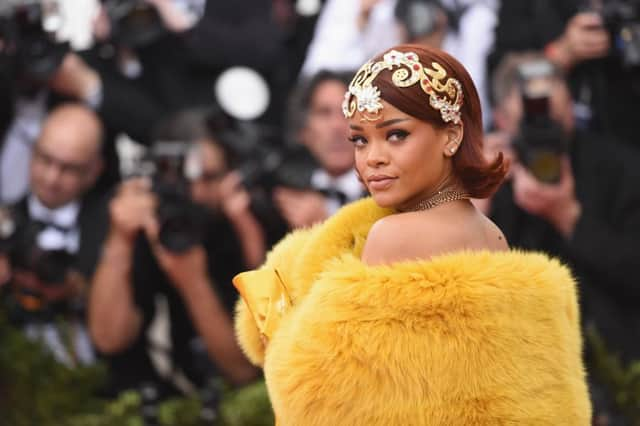Celebrity status the next best thing to a trade mark


One of the key weapons in the celebrity armour to protect their reputation and maximise a financial return from their brand is to have a registered trade mark. Trade marks are important assets as they give a monopoly right to use the mark in relation to the relevant goods or services for which they are registered. Those who are well-known may also have the right of “passing off”, which enables them to argue that the public is led to believe that they may have, in some way, endorsed another person’s product or are connected with it in some way. This confusion (whether intended or unintended) can result in a third party gaining trade from a celebrity’s goodwill. It was on that basis that pop singer Rihanna recently made a successful claim against Top Shop for selling a t-shirt with a photograph of her on it.
But in that case, Rihanna had to establish that the public would make an assumption that, rather than simply being a photograph of Rihanna used as decoration, she had in some way been involved with the design or production of the garment. Rihanna succeeded in that case primarily because she had previously been involved in a promotion with Top Shop, and so her name was already connected with the Top Shop brand. By contrast, a registered trade mark gives an automatic monopoly right to the owner of the mark. If a third party uses a name which is trade marked for the same or similar goods or services, they will be infringing it and there is no need for the trade mark owner then to go on to establish that the public is confused or believes there to be some other connection between the parties.
Advertisement
Hide AdAdvertisement
Hide AdCelebrities who have registered their own names as trade marks include Andy Murray, David Beckham and Taylor Swift; and one of the most famous applications which was made in very different circumstances was to protect the name “Diana, Princess of Wales” for her estate following her tragic death.
The use of personal names as a trade mark in connection with death has been highlighted by the decision last week by the Intellectual Property Office to reject an application by Glasgow funeral directors Anderson Maguire, to register the trade mark “D Maguire”, which was opposed by another local funeral director, Desmond Maguire. Anderson Maguire claimed that they should be entitled to register the trade mark because the principal of the business, Dominic Maguire, was, clearly, “D Maguire”; but the Intellectual Property Office’s decision was that while Dominic Maguire might be the principal of the business called Anderson Maguire, that was his personal name, not his business name. And the public would be highly likely to assume that “D Maguire” was a shortening of “Desmond Maguire”, who had carried out his business under his own name since 2006. The Intellectual Property Office took the view that as the services of both parties were effectively the same, if there was such confusion in the minds of the public, this would be bound to damage Desmond Maguire’s business by diverting trade from one to the other, and as such there was a risk that Desmond Maguire could lose control of its reputation and brand value with the public.
The key point here is that although the principal of the Anderson Maguire business was looking to register effectively his own name as a trade mark, this was not the name of his business. The decision therefore highlights the key distinction between the goodwill associated with an individual’s own name (as in the case of a celebrity) and the goodwill associated with a business name.
If you have the same name as someone who has registered their name as a trade mark it doesn’t mean you can’t use your own name in business, but if “A Murray” starts selling sports equipment, or “A Titchmarsh” set up as a landscape gardener, you can expect a lawyer’s letter through the letterbox.
• Scott Kerr is a specialist intellectual property lawyer with McClure Naismith LLP of Edinburgh and Glasgow, who acted for Desmond Maguire Limited in the case referred to above.